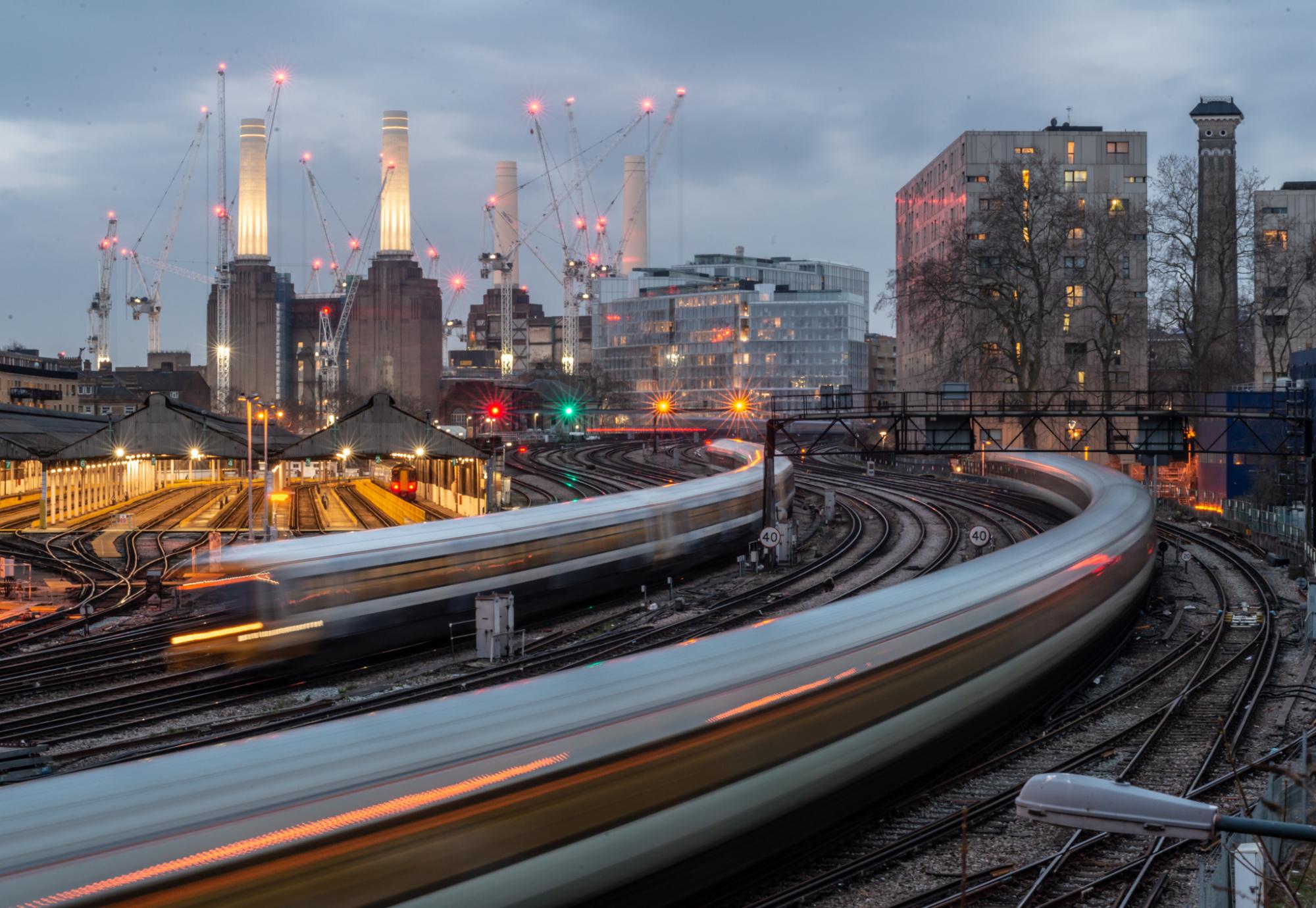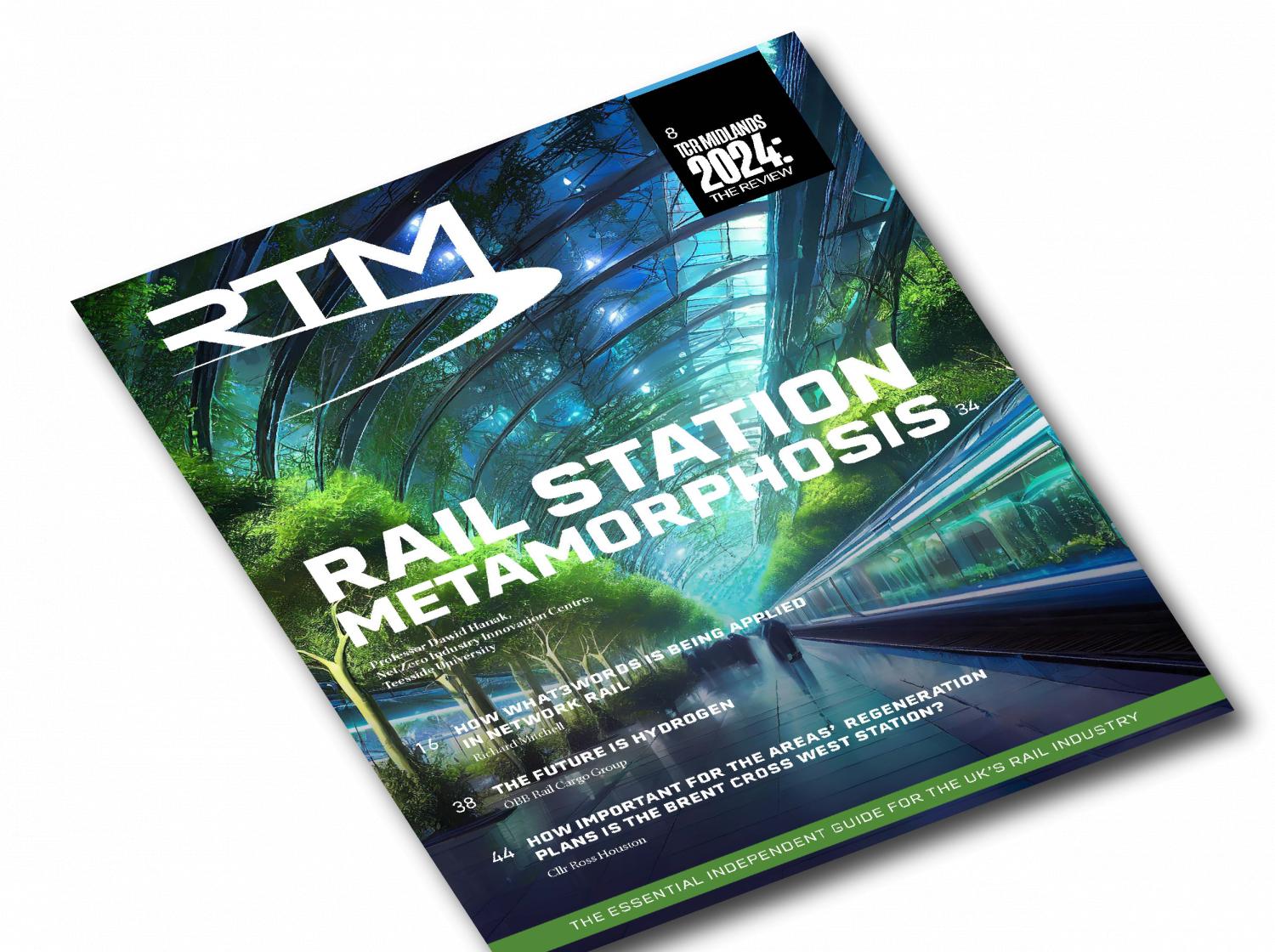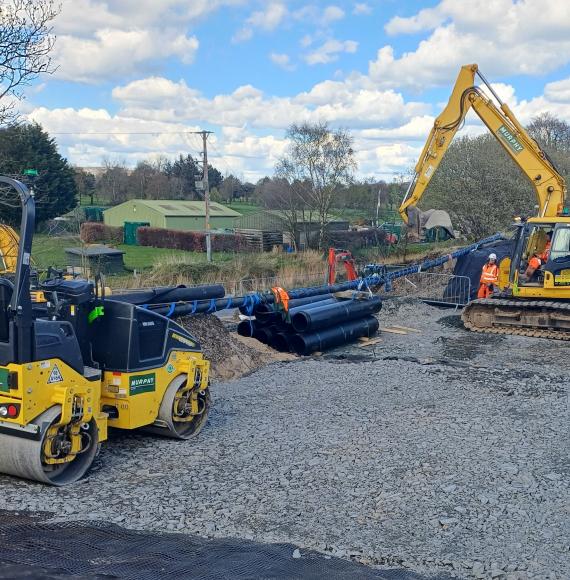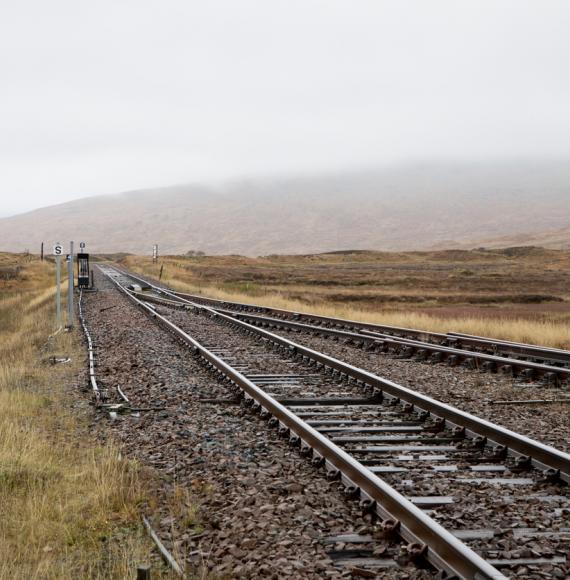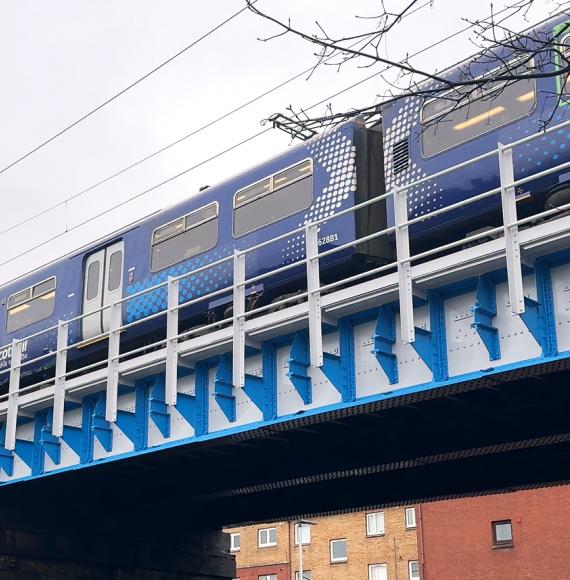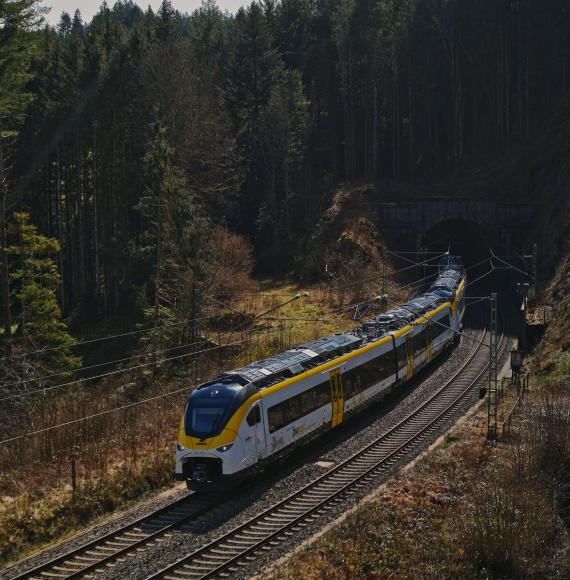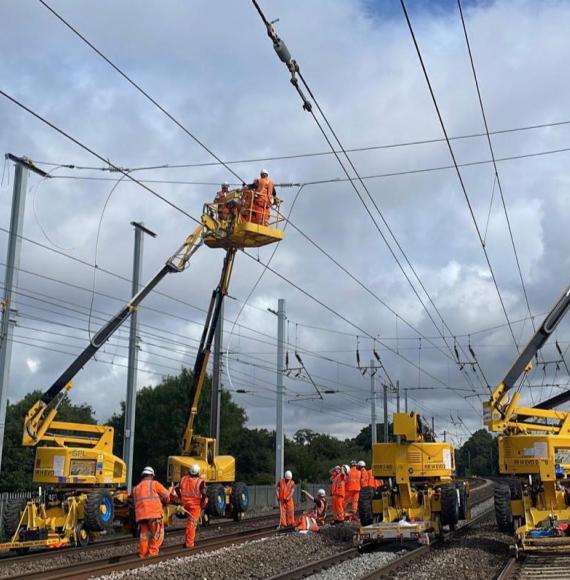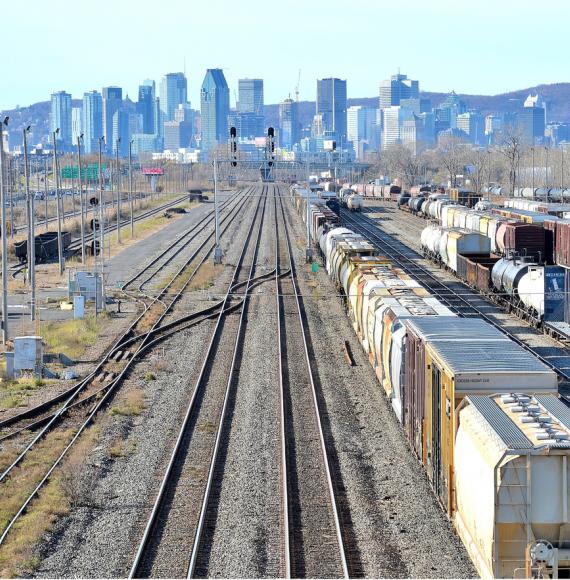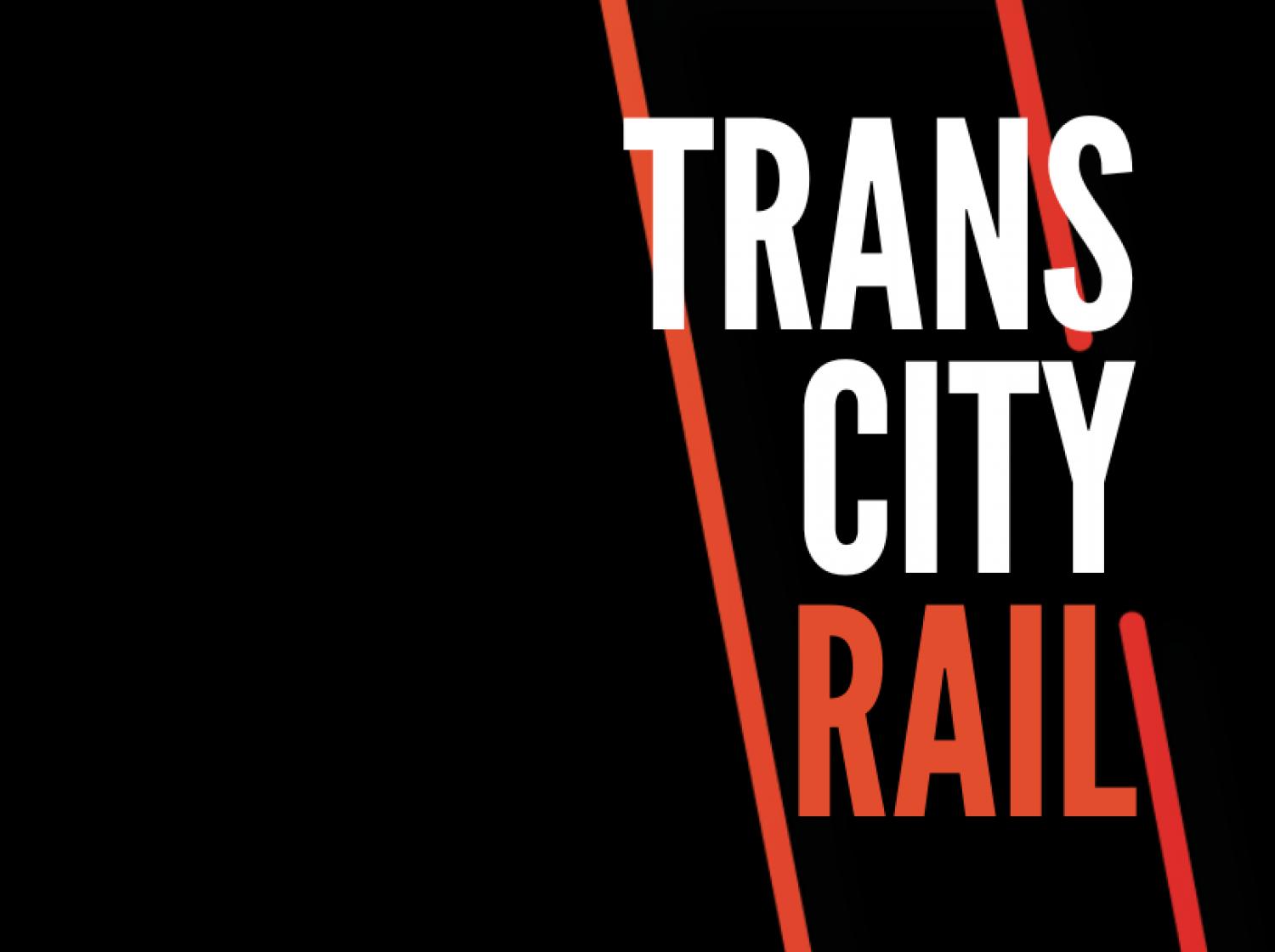The long-awaited Williams-Shapps Plan for Rail has been published today, outlining the plans for railway’s future.
One of the major changes will involve putting the network under the control of a new public body, Great British Railways (GBR), who will own the infrastructure, meaning they will receive the fare revenue, run and plan the network, and set most fares and timetables.
Network Rail will be absorbed into the new organisation, including the Rail Delivery Group and Department for Transport and the focus includes tailoring the services to the customers' needs by standardising mobile and online ticketing, and bringing an end to queuing for paper tickets.
Affordable capped season tickets will continue to be protected, with the introduction of flexible season tickets, aimed at those commuting for two or three days a week, which is thought to reflect new working and travel patterns.
There will also be better coordination amongst other forms of transport, such as buses and bikes.
Commenting, Prime Minister, Boris Johnson said: “I am a great believer in rail, but for too long passengers have not had the level of service they deserve.
“By creating Great British Railways and investing in the future of the network, this government will deliver a rail system the country can be proud of.”
Transport Secretary, Grant Shapps added: “Our railways were born and built to serve this country, to forge stronger connections between our communities and provide people with an affordable, reliable and rapid service.
“Years of fragmentation, confusion and over-complication have seen that vision fade and passengers failed. That complicated and broken system ends today.
“The pandemic has seen the government take unprecedented steps to protect services and jobs. It’s now time to kickstart reforms that give the railways solid and stable foundations for the future, unleashing the competitive, innovative and expert abilities of the private sector and ensuring passengers come first.”
In the majority of cases, GBR will contract private companies to operate trains to the timetable and fares it specifies, in a way similar to Transport for London (TfL) on their Overground and bus networks.
Operators will compete for the contracts and competition is anticipated to be far greater than for the old franchises, with simpler procurement, lower costs and no one-size-fits-all approach.
National co-ordination and new safeguards will support freight and open access operators, while franchising will also be replaced by Passenger Service Contracts, including strong incentives for operators to run safe, high-quality, punctual services, manage costs, attract more passengers and innovate.
Under the new body, there will be broader opportunities for recruitment, including people with experience in sectors with a strong focus on customers and they will also be accountable to Ministers in a similar way that TfL is to the Mayor of London.
The review also discusses how the new system is believed to be able to react quicker, spot opportunities and use the kind of operational flexibilities in most organisations, which has been difficult in the current network.
It explains how GBR will make it a simpler, more integrated structure, which will cut duplication, increase purchasing power and economies of scale and make it easier and cheaper to plan maintenance, renewals and upgrades.
After five years it is expected that this could save around £1.5bn a year, equivalent to 15% of the network’s pre-pandemic fares income.
Chair of the Williams Review, Keith Williams said: “Our plan is built around the passenger, with new contracts which prioritise excellent performance and better services, better value fares and creating clear leadership and real accountability when things go wrong.
“Our railway history, rich with Victorian pioneers and engineers, steam and coal, industry and ingenuity, demands a bright future. This plan is the path forward, reforming our railways to ensure they work for everyone in this country.”
